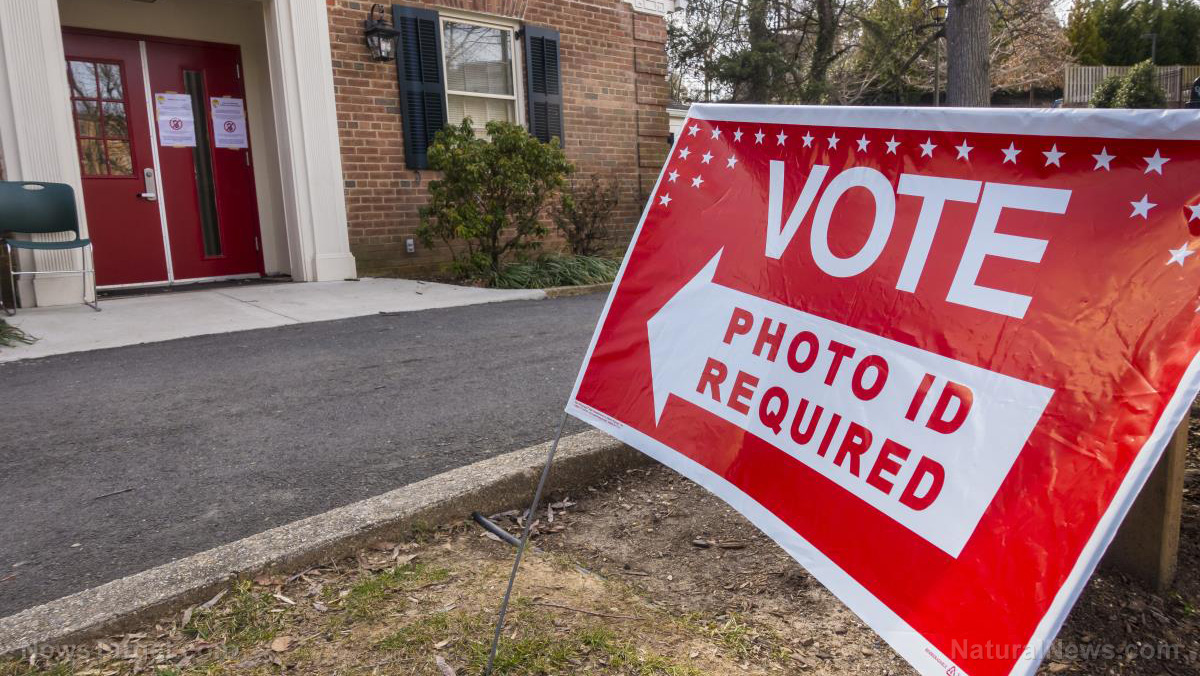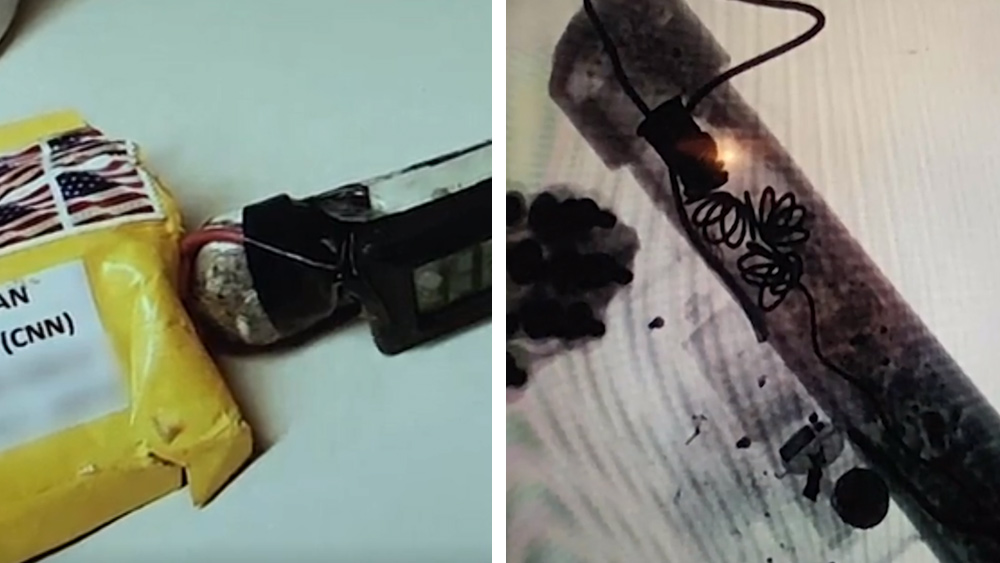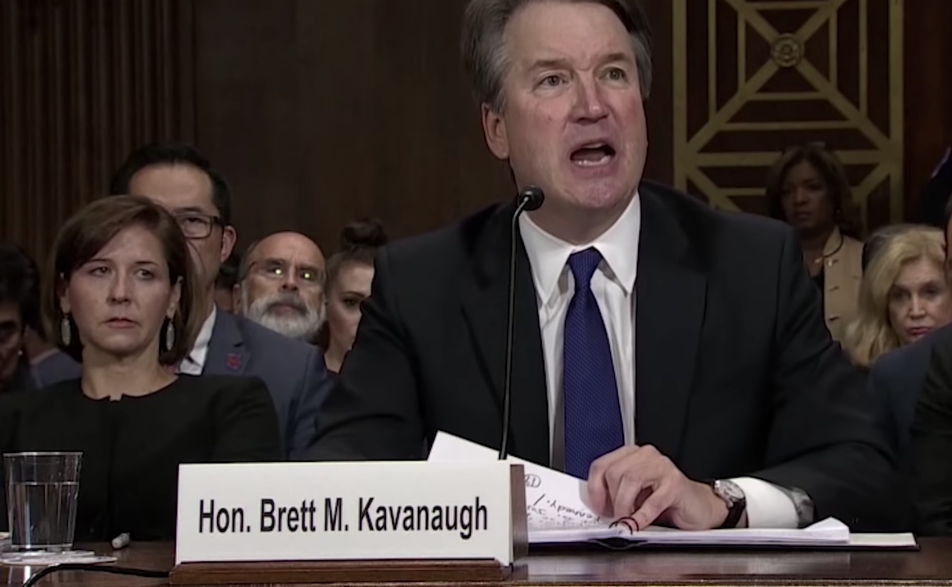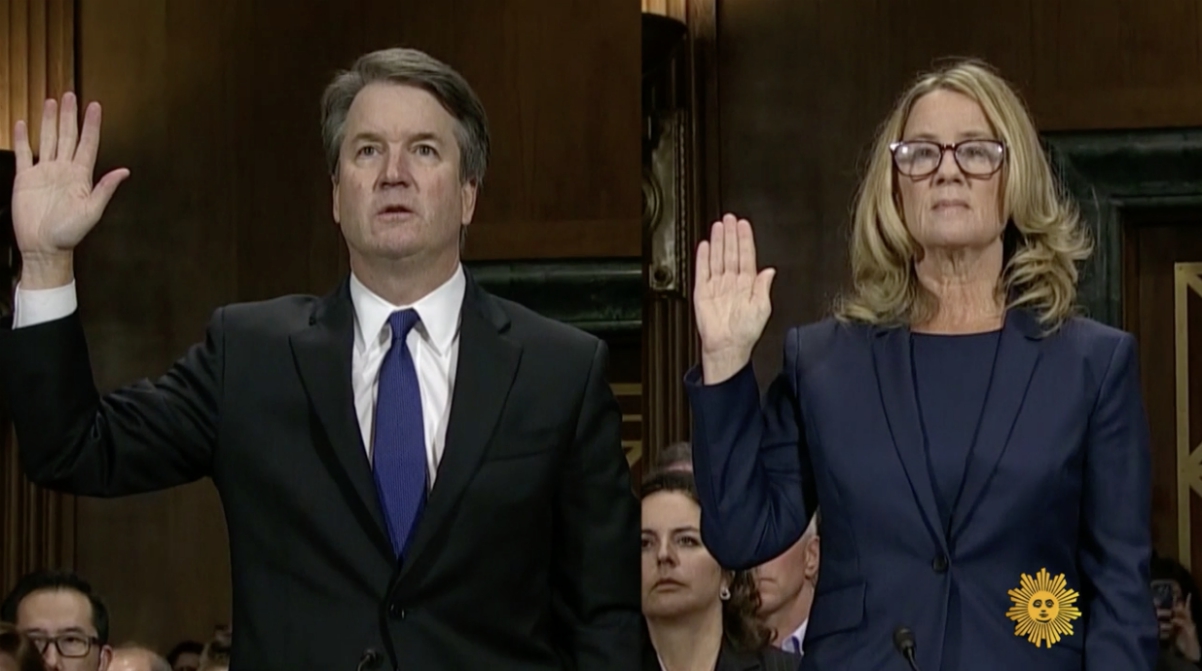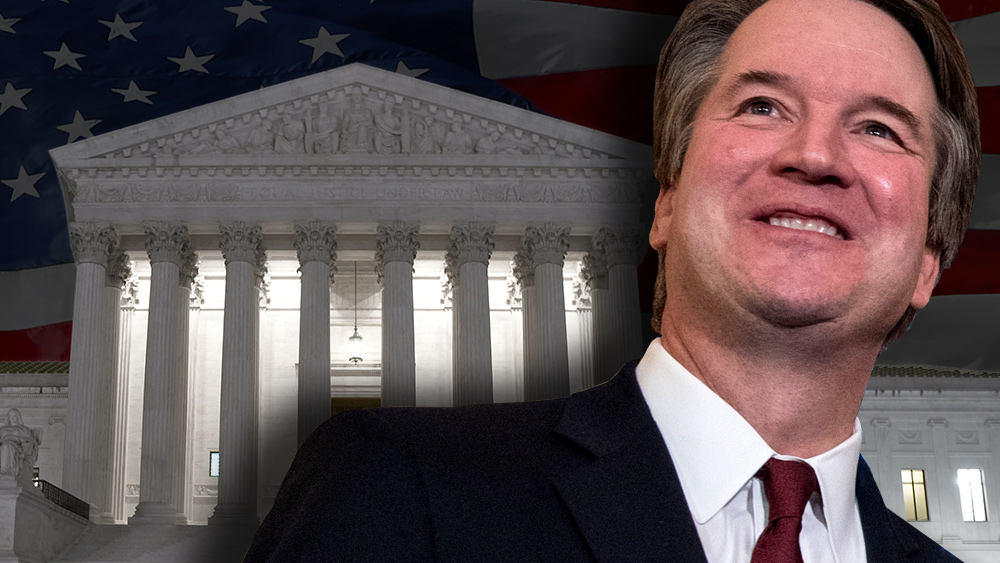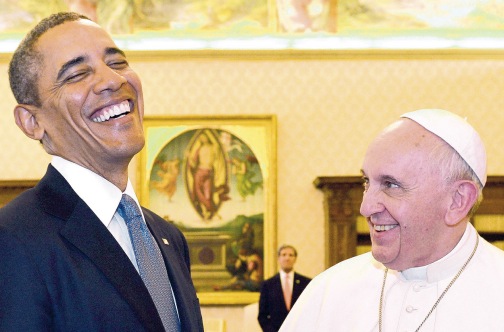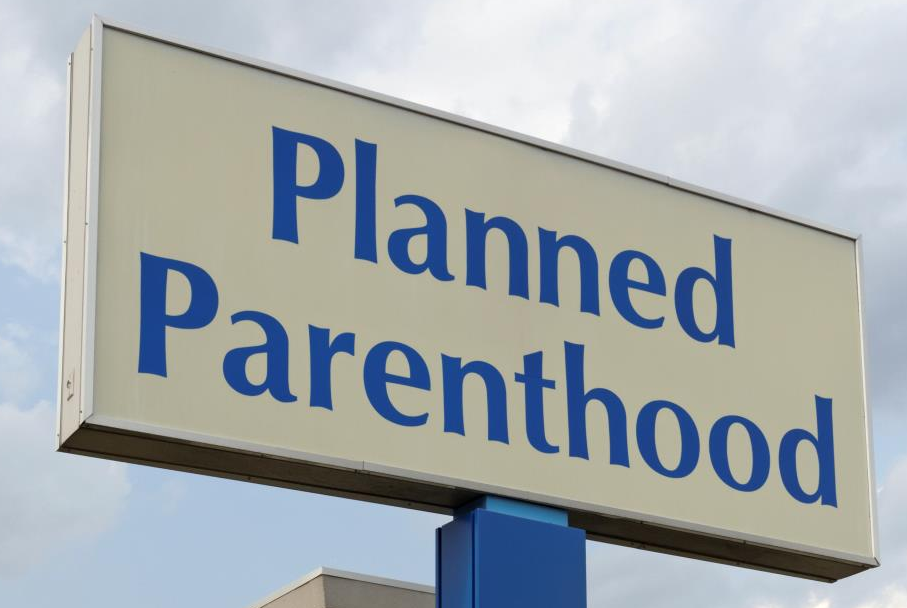Olive oil industry tries to silence Doctor Oz for warning about fake products
12/07/2016 / By Vicki Batts

At the end of November, a trade group representing olive oil importers filed a lawsuit against Dr. Mehmet Oz in response to his claim that much of the imported olive oil sold in the U.S. is fake. The group is pressing charges under a virtually untested Georgia food libel law.
The North American Olive Oil Association, based in New Jersey, filed their suit at a state court in Fulton County, Georgia, and is seeking an unspecified amount in damages, as well as payment for the group’s legal fees. Some of the association’s members report that they do business in Georgia.
Dr. Oz is well-known for being the host of his own, eponymous TV show that is largely focused on health issues. The lawsuit states that Oz broke Georgia law when he stated that 80 percent of the extra virgin olive oil sold in grocery stores “isn’t the real deal” and “may even be fake.” The North American Olive Oil Association maintains that these claims are simply untrue.
A total of 13 states have food libel laws. These laws generally come with a much lower legal burden than traditional libel laws, which makes it much easier for food companies to sue people who make disparaging remarks about their products.
The May 12 episode entitled, “Food Truth: What’s Really in Your Pancake Syrup,” is the primary source of the group’s complaints against Dr. Oz, Entertainment Media Ventures Inc. and ZoCo Productions LLC., which are the business entities that promote and produce The Doctor Oz Show.
Dr. Oz featured a guest during the show, a woman named Maia Hirschbein, who was introduced as a “certified oleologist.” The pair discussed their concerns about imported olive oils, and their potential for adulteration. While live on the air, Dr. Oz claimed that Italy had seized 7,000 tons of “fraudulent olive oil” that was set to make its way to the United States.
The association’s lawsuit alleges that Oz failed to make note of the fact that Ms. Hirschbein is employed by a private olive oil company known as California Olive Ranch – a company that competes with foreign imports.
The group claims that none of the seized oil was found to have been derived from non-olive sources. The North American Olive Oil Association also maintains that their own testing from 2013 through 2015, found that 95 percent of imported olive oil samples met or exceeded quality and purity standards.
Of course, being a group that exists to protect the interests of the imported olive oil industry, it stands to reason that they would say such a thing. In reality, however, independent testing from the Olive Center at University of California at Davis revealed that olive oil is not always what labels purport it to be.
Over the course of a year, researchers analyzed and evaluated the quality of extra-virgin olive oil being sold on store shelves, with a total of 186 samples being tested. Their findings indicate that olive oil is often not the quality item it claims to be. For example, of the five best-selling imported extra virgin olive oils, 73 percent failed to meet the IOC sensory standards for extra virgin olive oils. The failure rate ranged from 94 percent to 54 percent, depending on the brand and panel. Eleven percent of the top-selling Italian brands failed both testing panels. Sensory defects indicate that the oil is either oxidized, of poor quality, or that the oil has been mixed with a cheaper, refined oil.
The top-selling brands that were tested included Bertolli, Colavita, Filippo Berio, Star and Pompeian. It’s safe to say that there is a lot of conflicting information about olive oil out there, but you might want to be more careful when picking some up at the grocery store. While this study did not actually determine whether or not the oils were “fake,” it certainly found that the quality of the oil didn’t exactly match up to what the labels indicated.
Sources:
Tagged Under: Dr. Oz, fake olive oil, olive oil


